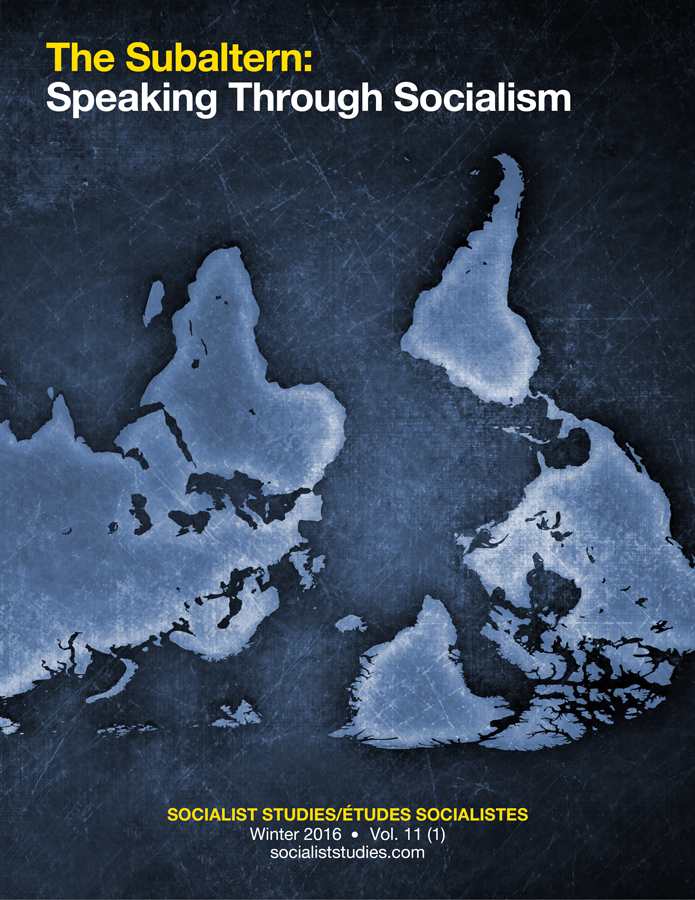Explanation and Justification: Understanding the Functions of Fact-Insensitive Principles
DOI:
https://doi.org/10.18740/S4DW3PKeywords:
G.A. Cohen, fact-insensitive principles, feasibility, explanation, justificationAbstract
In recent work, Andrew T. Forcehimes and Robert B. Talisse correctly note that G.A. Cohen’s fact-insensitivity thesis, properly understood, is explanatory. This observation raises an important concern. If fact-insensitive principles are explanatory, then what role can they play in normative deliberations? The purpose of my paper is, in part, to address this question. Following David Miller, I indicate that on a charitable understanding of Cohen’s thesis, an explanatory principle explains a justificatory fact by completing an otherwise logically incomplete inference. As a result, the explanatory role such a principle plays is inseparable from its status as a (not necessarily successful) justificatory reason. With this interpretation in hand, I then proceed to argue that Lea Ypi’s and Robert Jubb’s recent criticisms fail to undermine Cohen’s thesis, and that fact-insensitive principles, once discovered, are especially helpful for purposes of deliberation in circumstances characterized by changing and changeable feasibility constraints.
Downloads
Published
Issue
Section
License
Copyright: Authors who publish in the Journal agree to the following terms: 1)Authors retain copyright and grant the Journal the right of first publication with the work simultaneously licensed under a Creative Commons Attribution License that allows others to share the work with an acknowledgement of the work's authorship and initial publication in the Journal; and, 2)Authors are able to enter into separate, additional contractual arrangements for the non-exclusive distribution of the Journal's published version of the work (eg post to an institutional repository or publish it in a book), with an acknowledgement of its initial publication in the Journal.






